Hydrangea cold question?
williamr
15 years ago
Related Stories
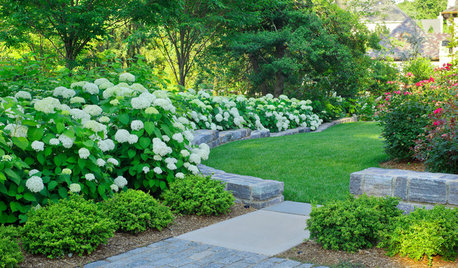
FLOWERS AND PLANTSHydrangea Arborescens Illuminates Garden Borders and Paths
This long-blooming eastern North American native shrub finds a home in landscapes around the world
Full Story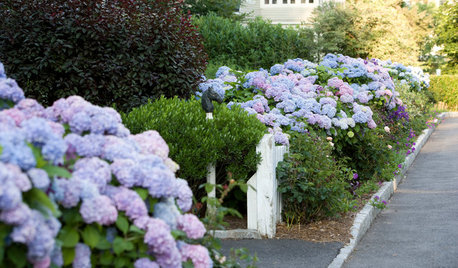
FLOWERSWhy You Should Give Hydrangeas a Place in Your Yard
The exuberant mop-headed beauties evoke dreams of an endless summer by the sea
Full Story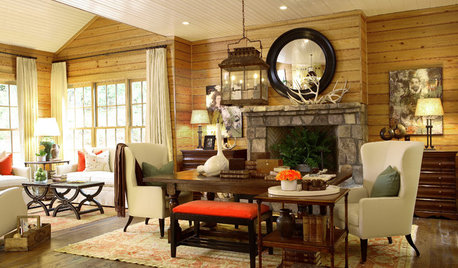
DECORATING GUIDESRooms We Love: A Mountain Retreat Made for Cold Winter Nights
Ample linen and Ushak carpets put a contemporary twist on cozy Appalachian style in a North Carolina show house
Full Story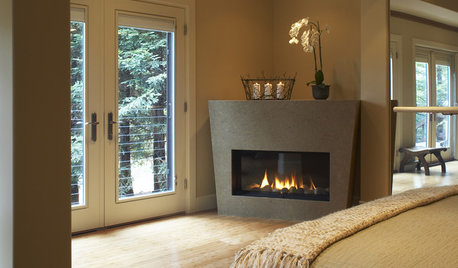
REMODELING GUIDESFall Fixes: Get Your Fireplace Cold-Weather Ready
Here's the low-down on what to check before lighting the hearth for the holiday season
Full Story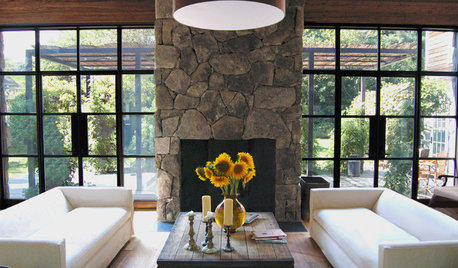
It's Cold. We're Cranky. Buy Some Flowers!
15 Colorful Reminders That Spring Will Come Again
Full Story
FEEL-GOOD HOMEThe Question That Can Make You Love Your Home More
Change your relationship with your house for the better by focusing on the answer to something designers often ask
Full Story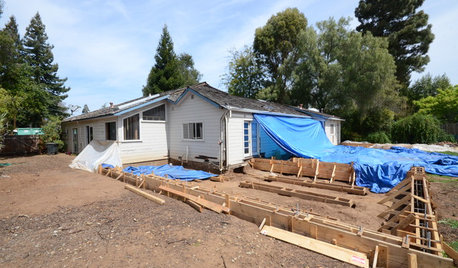
REMODELING GUIDESSurvive Your Home Remodel: 11 Must-Ask Questions
Plan ahead to keep minor hassles from turning into major headaches during an extensive renovation
Full Story
REMODELING GUIDESConsidering a Fixer-Upper? 15 Questions to Ask First
Learn about the hidden costs and treasures of older homes to avoid budget surprises and accidentally tossing valuable features
Full Story
Design Dilemmas: 5 Questions for Houzzers!
Post Ideas for Landscaping for a Modern Home, Updating a Rental and More
Full Story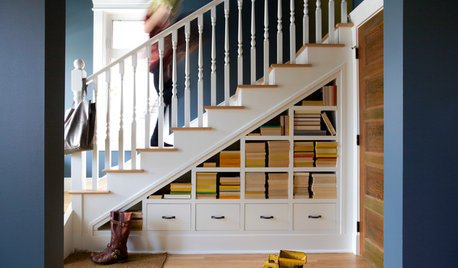
ORGANIZINGPre-Storage Checklist: 10 Questions to Ask Yourself Before You Store
Wait, stop. Do you really need to keep that item you’re about to put into storage?
Full StoryMore Discussions







luis_pr
williamrOriginal Author
Related Professionals
Bergenfield Landscape Contractors · Berwyn Landscape Contractors · Del Aire Landscape Contractors · Hicksville Landscape Contractors · Lake Worth Landscape Contractors · Lees Summit Landscape Contractors · Ocoee Landscape Contractors · Rochester Landscape Contractors · San Bruno Landscape Contractors · Greenfield Landscape Contractors · Colorado Springs Siding & Exteriors · Marion Siding & Exteriors · Plano Siding & Exteriors · West Milford Siding & Exteriors · Westminster Siding & Exteriorsluis_pr
gardengal48 (PNW Z8/9)
luis_pr
gardengal48 (PNW Z8/9)
luis_pr